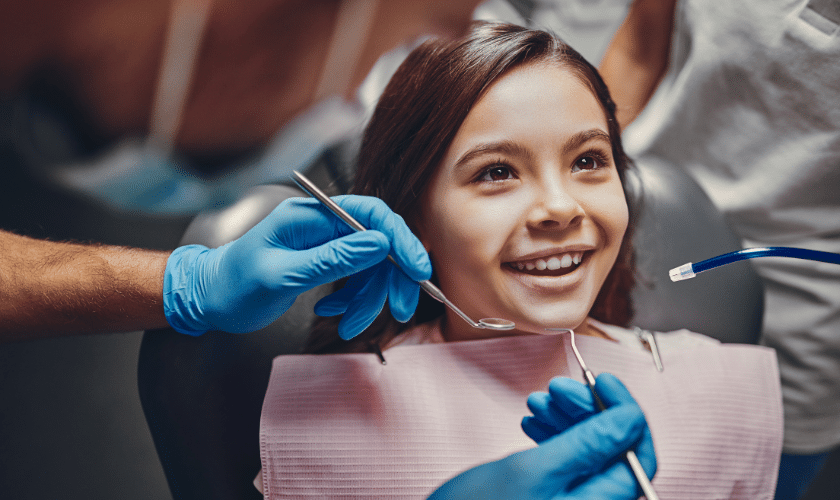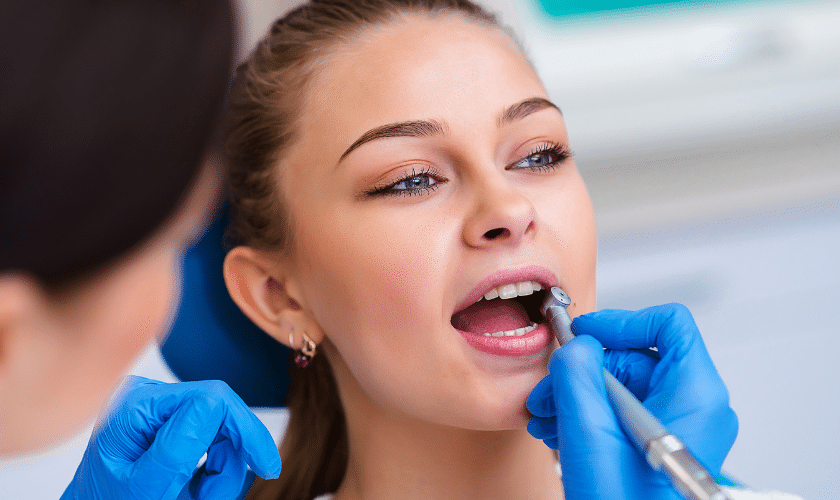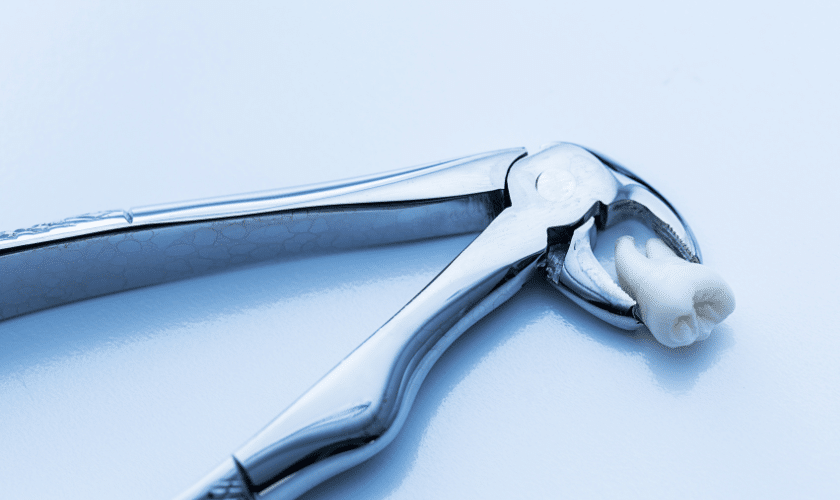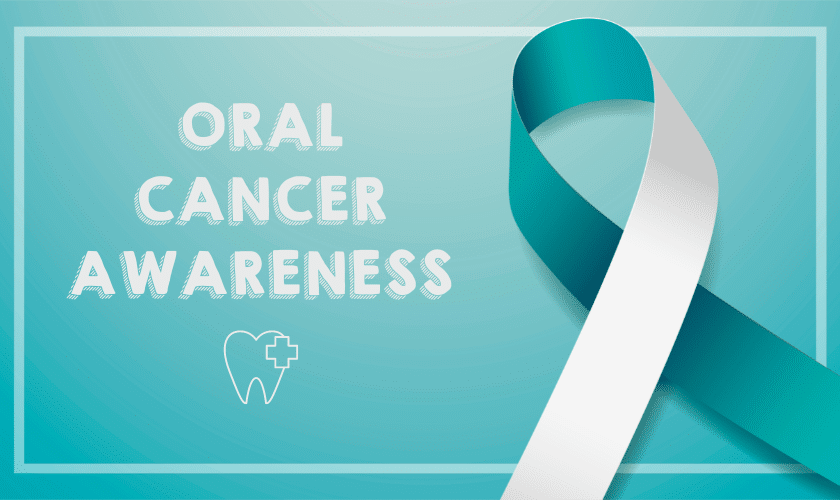276-386-6162
Aftercare Tips For Tooth Extraction
April 19, 2023
General Dentistry

Getting a tooth extracted can be an intimidating experience, but it’s essential for your oral health. Whether you’re having wisdom teeth removed or any other tooth, the aftercare is just as crucial as the procedure itself. Proper aftercare can prevent complications and ensure that you heal quickly and comfortably. In this blog post, we’ll share some valuable tips on how to prepare for your tooth extraction, what to expect afterward, and how to take care of yourself during recovery. Keep reading for our expert advice on maintaining good oral hygiene post-extraction and making a speedy recovery!
How To Prepare For Your Tooth Extraction
Preparing for your tooth extraction is crucial to ensure a smooth and comfortable experience. Here are some tips to help you prepare:
First, make sure you arrange transportation home after the procedure. You may still feel groggy from anesthesia or pain medication, so it’s best not to drive yourself.
You should also plan on taking a few days off work or school to rest at home and allow your body time to heal properly.
On the day of your appointment, wear comfortable clothing and avoid wearing jewelry that could interfere with treatment. Make sure you brush your teeth thoroughly but gently before arriving at the dentist’s office.
What To Expect After Your Tooth Extraction
After your tooth extraction procedure, it’s important to know what you can expect during the recovery period. It’s normal to experience some discomfort and swelling immediately following the extraction.
The first few hours after the procedure, it’s recommended that you apply an ice pack to your cheek for 10-20 minutes at a time to help reduce swelling. You may also be prescribed pain medication or antibiotics by your dentist.
It’s important not to smoke, rinse your mouth vigorously, or use straws for at least 24 hours after the extraction as these actions can dislodge blood clots and delay healing.
You may experience some bleeding for up to 24 hours after the procedure. Gently biting down on gauze placed over the extraction site can help control bleeding.
Soft foods such as mashed potatoes, soup, and yogurt are recommended in the days following an extraction. Avoid crunchy or chewy foods that could irritate or damage the area around where your tooth was removed.
In general, it’s best to take things easy for a few days after a tooth extraction and avoid strenuous physical activity until you feel more comfortable. Always follow any additional post-operative instructions provided by your dentist carefully in order to ensure optimal healing of the affected area.
Tips For Maintaining Good Oral Hygiene Post-Extraction
Maintaining good oral hygiene after a tooth extraction is essential for the healing process. Here are some tips to help with post-extraction care:
1. Avoid brushing or rinsing the area for at least 24 hours to prevent dislodging the blood clot that forms over the extraction site.
2. After 24 hours, rinse your mouth gently with salt water solution several times a day to keep the area clean and promote healing.
3. Use an ice pack on your cheek for up to 48 hours after surgery to reduce swelling and discomfort.
4. Be gentle when eating, avoiding hard or crunchy foods that could irritate the surgical site.
5. Avoid smoking, straws and vigorous exercise as they can all disrupt proper blood clot formation and slow down healing time.
6. Take painkillers as prescribed by your dentist if necessary but avoid aspirin which can increase bleeding risks.
By following these simple steps, you will be able to maintain good oral hygiene post-extraction while also promoting faster recovery time for optimal results!
The Bottom Line
Following these aftercare tips can help you recover from a tooth extraction in no time. Remember, the key to a successful recovery is taking it easy and allowing your body to heal. Make sure to follow your dentist’s instructions carefully and don’t hesitate to reach out if you have any concerns or questions.
Recent Post

Honoring Mom’s Smile: Personalized Dental Care Offers at Jeff Montgomery DDS for Mother’s Day

Dental Care for Children: Tips for Parents

Integrating Cosmetic Dentistry into Regular Dental Care: A Comprehensive Approach

Dental Trauma: Understanding and Treating Injuries to Teeth and Oral Tissues

